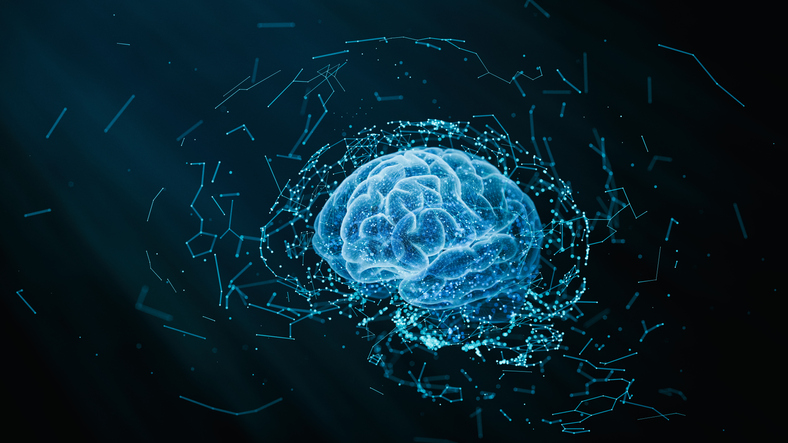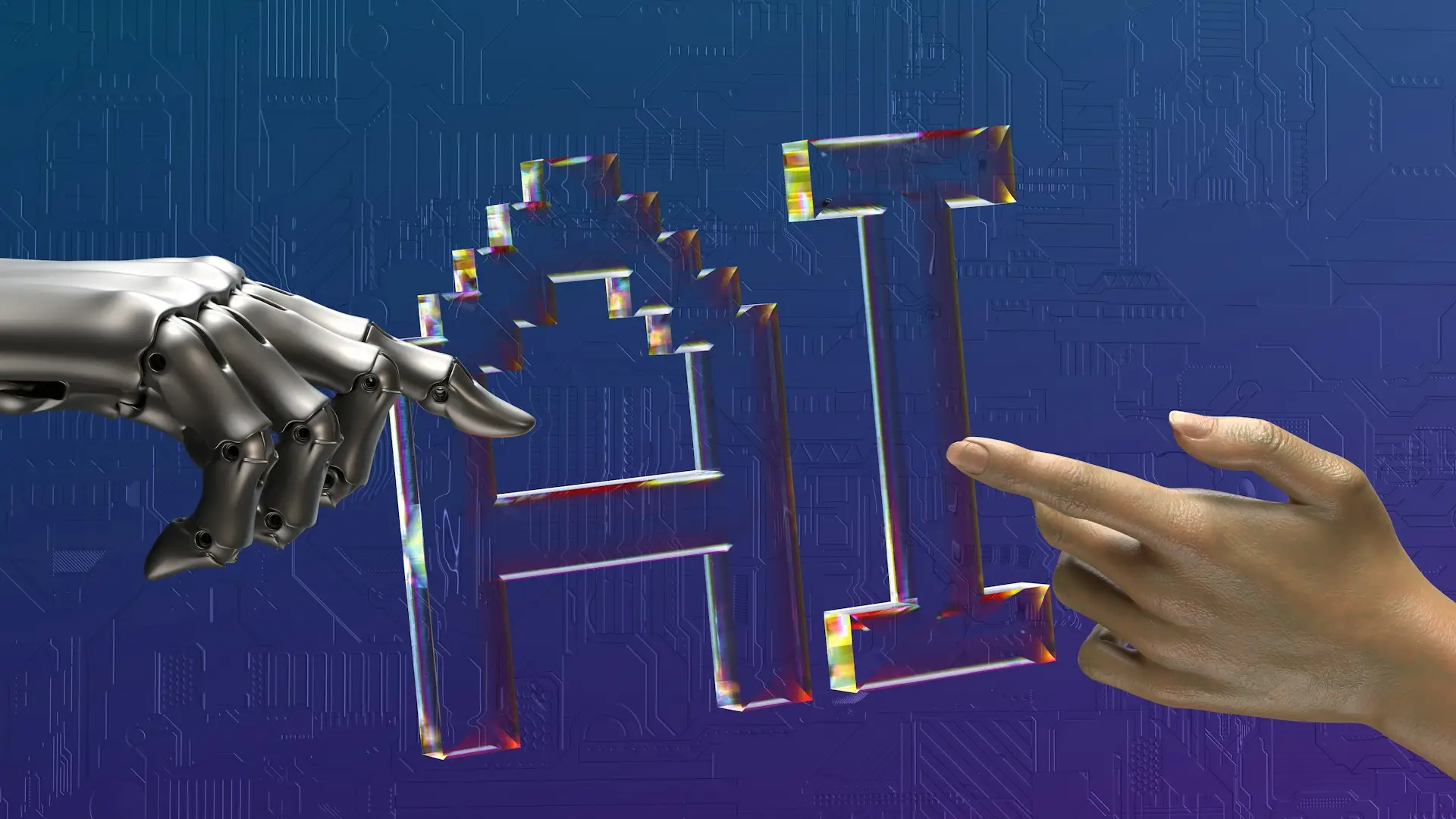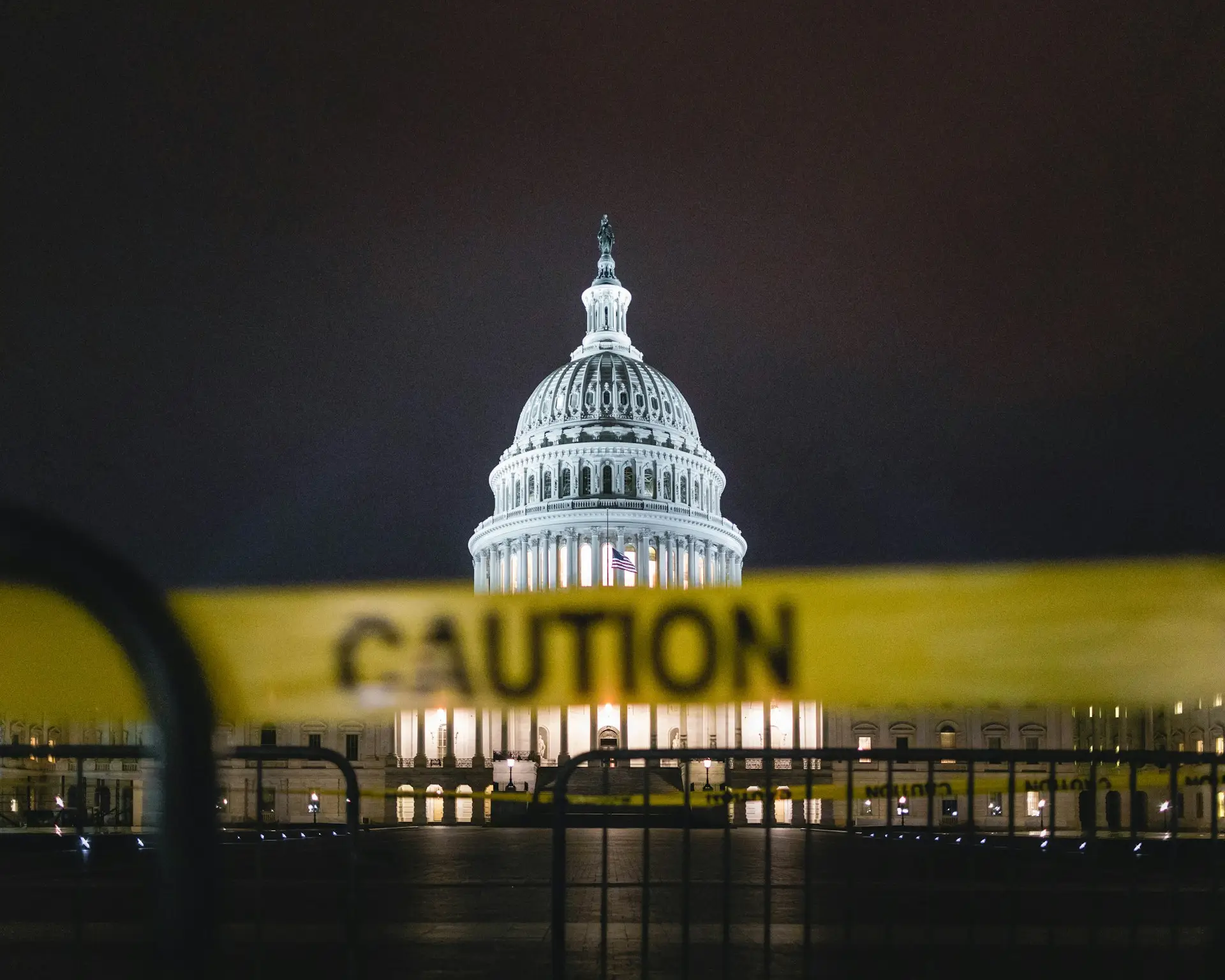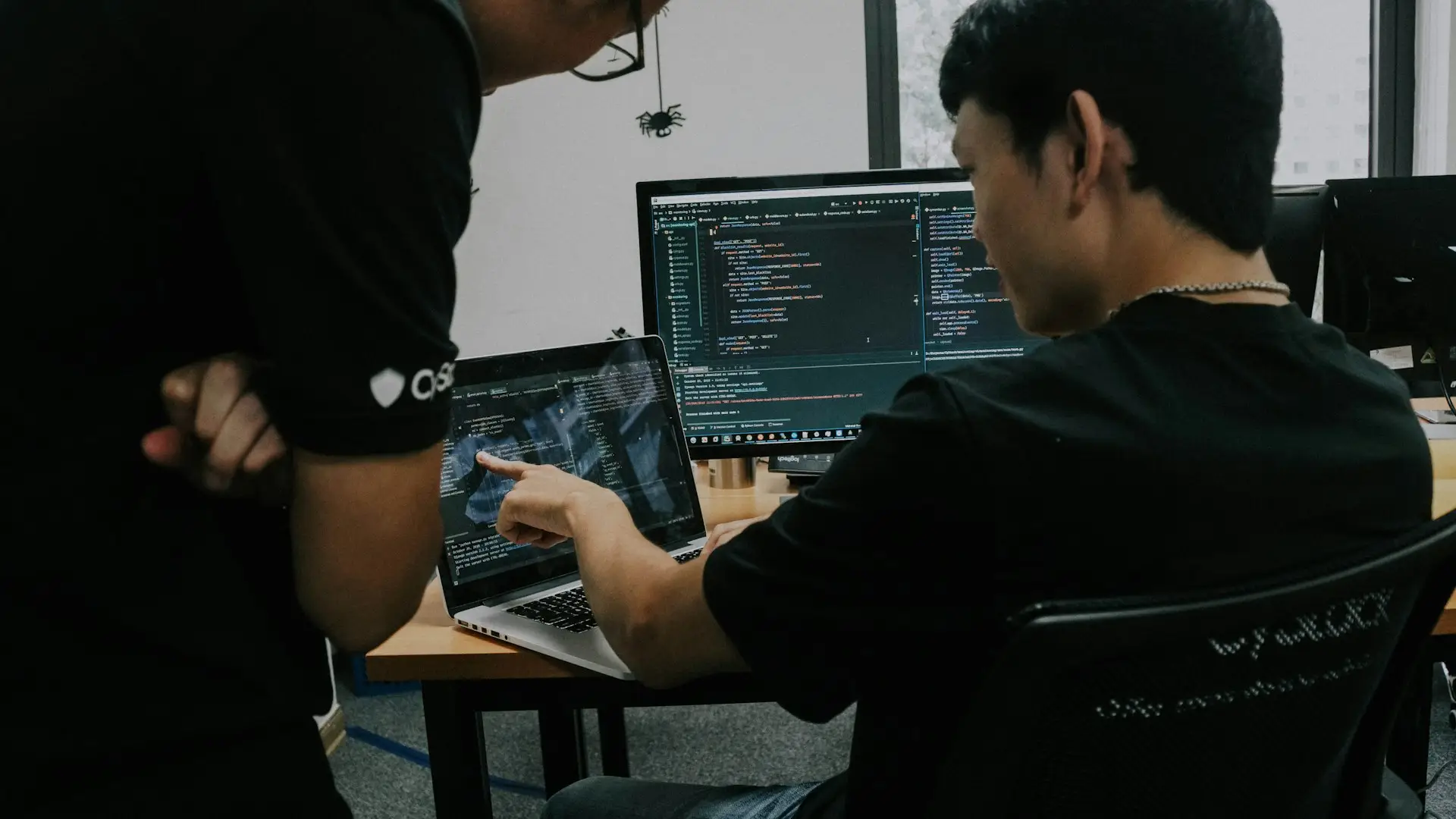Article
How could Generative AI affect jobs within the Marketing industry?
12 Feb, 20235mins
As AI rapidly develops to carry out increasingly complex marketing-related tasks, there is a common concern amongst many marketers that the automation of functions could accompany technological advances to replace them in the workplace.
The latest in a long line of these tech innovations is generative AI. It has recently ruffled feathers in the marketing community as this new branch of artificial intelligence can generate original content.
What is generative AI?
Generative AI is a sub-field of artificial intelligence focusing on creating original content from scratch, including text, images and music. It is designed to use patterns and styles from existing data to generate brand-new concepts without external input aside from an initial prompt.
There are two types of generative AI; 'supervised', which is trained to generate content that matches specific goals or criteria, and 'unsupervised', which can create content without specific labels or objectives. So, it's pretty clever stuff.
Several generative AI tools are available to marketers, including Jasper, Writesonic and the most well-known, ChatGPT by OpenAI. These content-generators can create content and answer questions in natural-sounding, conversational language, which would be tricky to distinguish from a natural human response or piece of copywriting.
OpenAI explains that their ChatGPT bot can even interact in a conversational way, with the ability to answer follow-up questions, admit mistakes, challenge incorrect premises and reject inappropriate requests.
Are Marketers being replaced?
When analysing the abilities of generative tools, it is easy to see why marketers might be worried, as much marketing activity involves creating original copy, such as writing; adverts, website content, marketing emails, social media posts and even articles like this one!
Not only does generative AI have the capability to create this content and make it tailored to a target audience, but it can do it at a speed and scale which is just not achievable by humans, meaning it could have tremendous time and cost-saving benefits compared to employing a team of highly skilled communication specialists.
However, existing generative AI still needs to develop and is extremely unlikely to replace real creative professionals soon. Although tools like ChatGPT can create tailored content, which can be extremely useful, technically speaking, these bots are not capable of genuine creativity as they can only produce new ideas based on what they understand from existing information they have received. This means that the output can be very generic and unable to give communications a competitive edge or brand voice.
Moreover, generative AI is less likely to damage a brand if not monitored and moderated. There is always the possibility that the algorithms could make decisions using inaccurate or incomplete information, which could create low-quality content or, in the worst cases, offensive or biased material. The technology is also currently unable to effectively make ethical or strategic decisions to align with company values and goals.
So generative AI has pros and cons for marketers. It can work at speed and scale, but it is only as good as the prompt given and the information it knows. It can be used for the more mundane and formulaic tasks, such as generating copy containing lots of keywords for SEO or writing product descriptions, and this could affect the level of demand for more junior marketing roles, but it would seem that currently, the majority of industry professionals are not replaceable.
Embracing the Technology
As with all technological advances, AI will likely play a broader role in marketing as time passes. Last week, OpenAI launched an updated version of the tool, ChatGPT Plus – a subscription option for faster service. Microsoft simultaneously launched ChatGPT 3.5-powered Teams Premium, which offers enhanced features for improved user experience. According to recent sources, ChatGPT 4.0 may be just around the corner and is set to be 'exponentially more powerful', available as a mobile app and directly linked to search engines.
So rather than thinking in terms of being edged out of the door, marketers should consider how they can harness the power of generative AI and incorporate it into their role. For instance, although the output often needs moderating, the bots can be an excellent source of ideas for brainstorming or creating a first draft of content for editing by a real person, which can save time and offer innovation.
In addition, sector specialists who can write accurate and detailed briefs that can be used as prompts to create more precise output are also likely to be in demand. Those who embrace generative AI and learn how to utilise it best may find they have a competitive edge when landing a job and differentiating their brand and themselves from the pack.
If you're looking for your next role or need the right talent to join your team, contact McGregor Boyall today and find out how our expert recruiters can help you.


